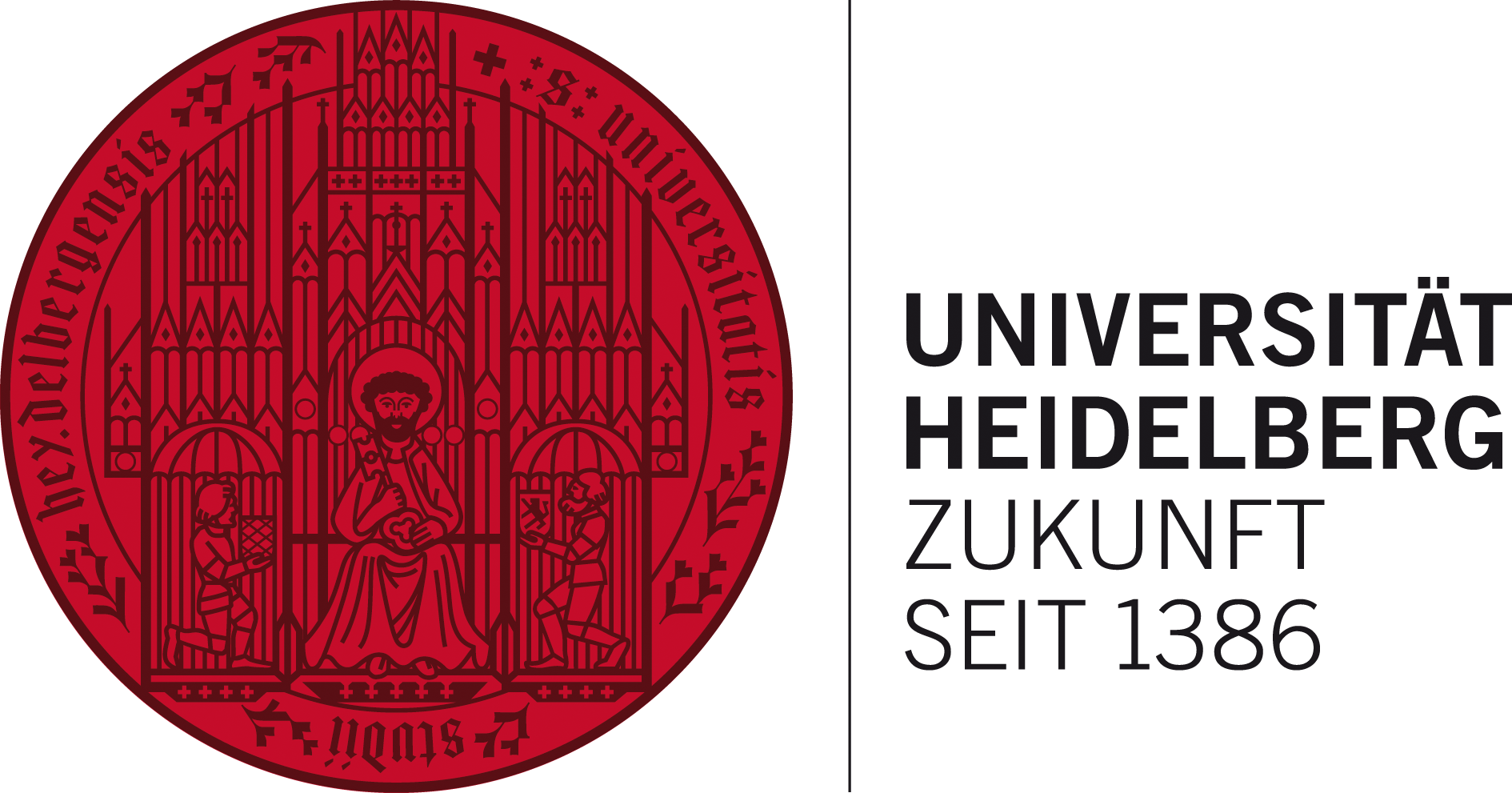Neuigkeiten
Das Institut für Technische Informatik (ZITI) trauert um den ehemaligen Kollegen Prof. Dr. Dr. hc. Norbert Joachim Fliege, der Anfang Februar im Alter von 81 Jahren verstorben ist. Prof. Fliege hat das neu gegründete Institut für Technische Informatik an der Universität Mannheim nach seiner Berufung im Jahr 1996 mit aufgebaut und leitete dort sehr erfolgreich den Lehrstuhl für Elektrotechnik. Er entwickelte unter anderem Verfahren zur sicheren Datenkommunikation in Stromnetzen. Nach seiner Emeritierung im Jahr 2008 widmete er sich einem von ihm gegründeten Startup. Wir haben Prof. Fliege als höchst engagierten, zuverlässigen und stets hilfsbereiten Kollegen sehr geschätzt. Sein feiner Humor ist uns allen noch bestens in Erinnerung. Wir werden ihm immer ein ehrendes Andenken bewahren.
Prof. Koch presented some insights on the open-everything FPGAs developed by the NCT group at the Chaos Communication Congress in Hamburg.
In collaboration with the Neuromorphic Quantumphotonics Group led by Wolfram Pernice, among other collaborators, the Hardware and Artificial Intelligence Lab published an article about “Probabilistic photonic computing with chaotic light” in Nature Communications.
In der Arbeitsgruppe Fischer werden spezialisierte Mikrochips mit sehr lichtempfindlichen Pixeln entworfen, die schon einzelne optische Photonen nachweisen können. Heute sind nun die ersten Siliziumwafer angekommen!
Der Indo-german Workshop on Hardware-aware Scientific Computing wird vom 28. bis 30. Oktober am Interdisziplinären Zentrum für wissenschaftliches Rechnen (INF 205) statt finden.
Am 14.10. findet um 14 Uhr die Begrüßung der neuen Studierenden statt. Im Anschluss zeigen die Arbeitsgruppen des Instituts mögliche Studien- und Masterarbeitsprojekte.
Die Fachschaft Technische Informatik plant zu Semesterbeginn zwei Veranstaltungen.
Prof. Dr. Lorenzo Masia vom ZITI organisierte vom 1. bis 4. September 2024 die IEEE BioRob 2024 an der Universität Heidelberg mit Teilnehmern aus führenden Forschungseinrichtungen auf diesem Gebiet
Das ZITI war Gastgeber der dritten FPGA Ignite Summer School
Open Hardware 2024 Award geht an einen Studenten des ZITI
In der Vorlesung Energy Efficient Computing wurde von Studenten des ZITI eine 1300-fach schnellere Multiplikation erreicht
Die NCT Gruppe organisiert in diesem Jahr wieder die FPGA Ignite 2024 Summer School (5.-9. Aug.). Eine Woche lang Networking, Kurse (insbesondere RISC-V) und ein Hackathon zu Chipdesign.
Prof. Dr. Dr. Lorenzo Masia vom ZITI war Keynote Speaker bei der “2024 Nature Conference on Transformative Technologies on Neuroengineering” in Shenzhen, China (10-12 April 2024).
Prof. Dr. Masia, Lehrstuhlinhaber der Forschungsgruppe Medizintechnik des ZITI, hält am 13. Dezember 2022 einen Vortrag in der renommierten Heidelberger Vortragsreihe “Physikalisches Kolloquium”.
Die Akademische Feier zur offiziellen Eröffnung der Fakultät für Ingenieurwissenschaften an der Universität Heidelberg findet am 30. September 2022 in der Aula der Alten Universität statt und beginnt um 16.00 Uhr.
Herzlichen Gückwunsch an Lorenzo Masias Forschungsgruppe Medizintechnik: zwei Paper der Gruppe kamen bei der IEEE BIOROB 2022 in die Endrunde zur Auszeichnung “Best Paper”.
Prof. Lorenzo Masia von ZITIs Biorobotics & Medical Technology Group wird General Chair der nächsten IEEE Biomedical Robotics and Biomechatronics Konferenz.
Mitglieder der Computer Systems Group (CSG) des ZITI sind lokale Oranisatoren der rennomierten IEEE CLUSTER Konferenz die in Heidelberg vom 6. bis 9. September stattfinden wird.
Prof. Dr. Holger Fröning von der Computing Systems Group (CSG) des ZITI in der aktuellen Jubiläumsausgabe des Forschungsmagazins RUPERTO CAROLA.
Zusammen mit NEXT Mannheim, der DHBW und dem MEIC organisiert die Universität Heidelberg einen zweitägigen Workshop am 4.&5. März 2022.
Dr. Lizeth Sloot von der Forschungsgruppe Computational Biomechanics am ZITI forscht zu dem Thema wie Stürze mit maßgeschneidertem Training verhindert werden könnten.
Die Computer Systems Group (CSG) des ZITI ist Teil eines neuen Zentrums für “Modellbasierte KI”, das von der Carl-Zeiss Stiftung gefördert wird.
ziti-Symposium am 07.02.2020.
